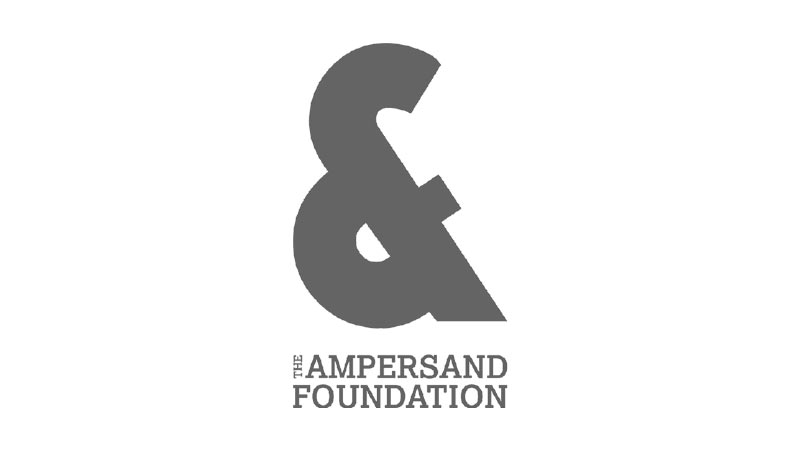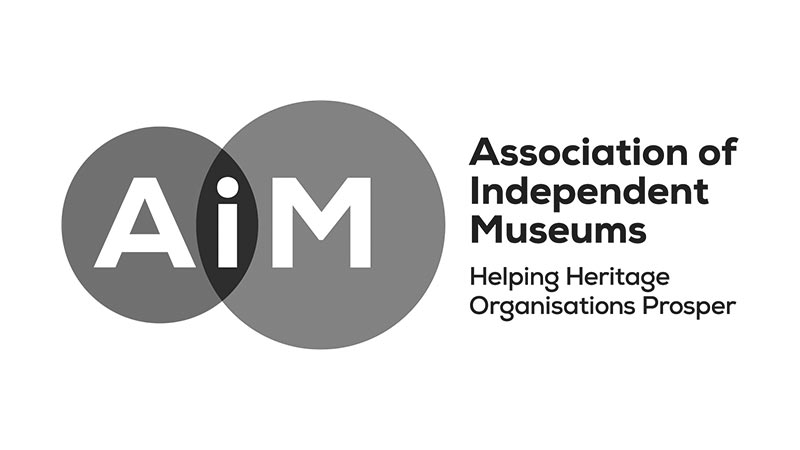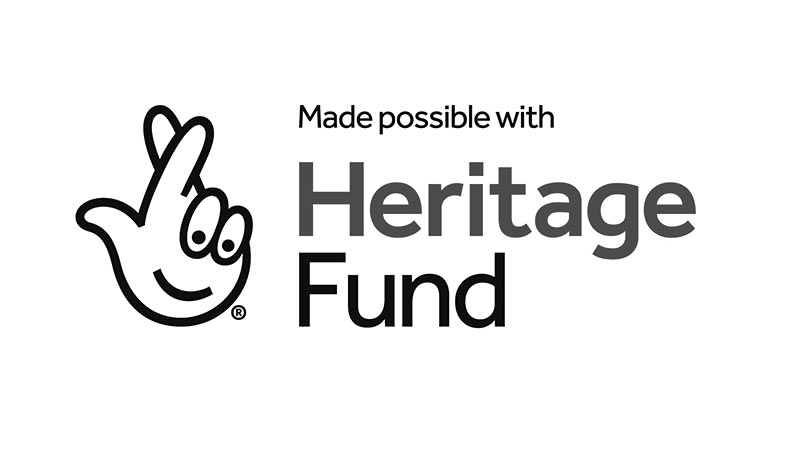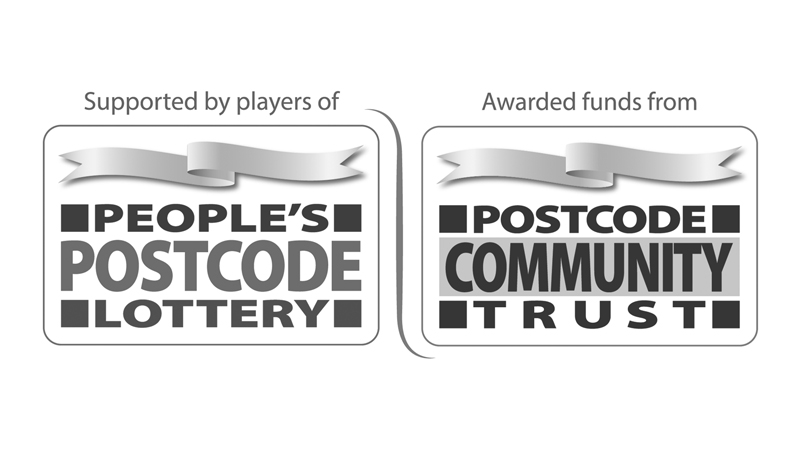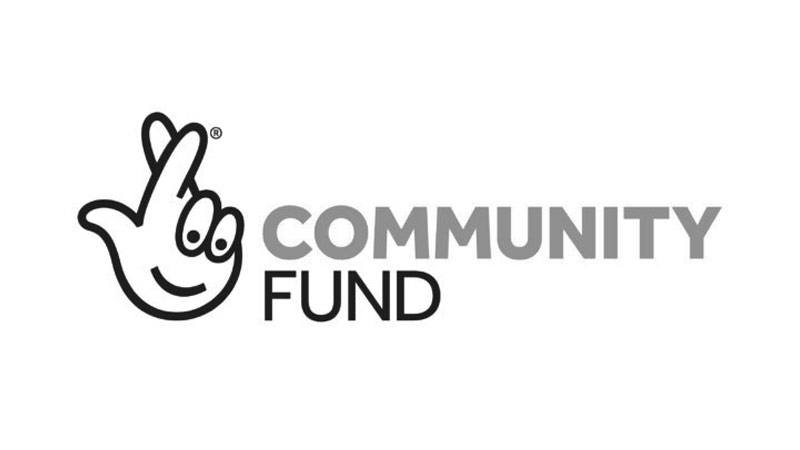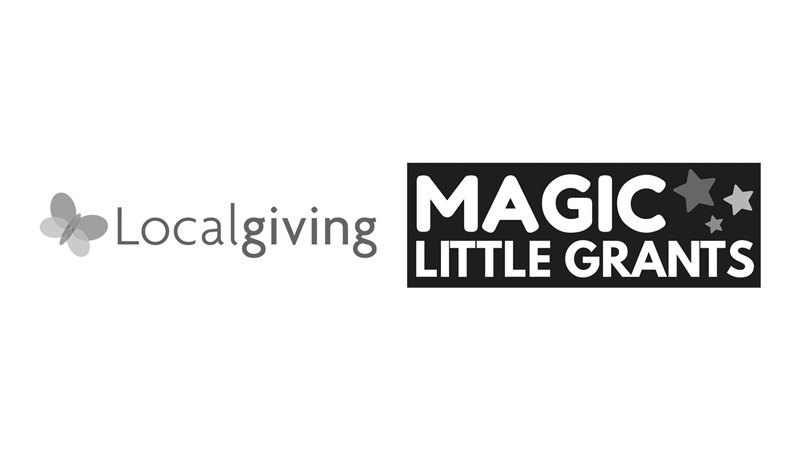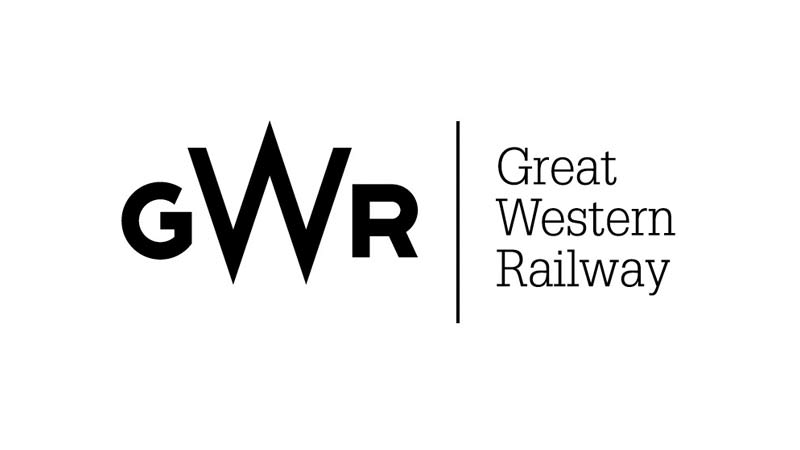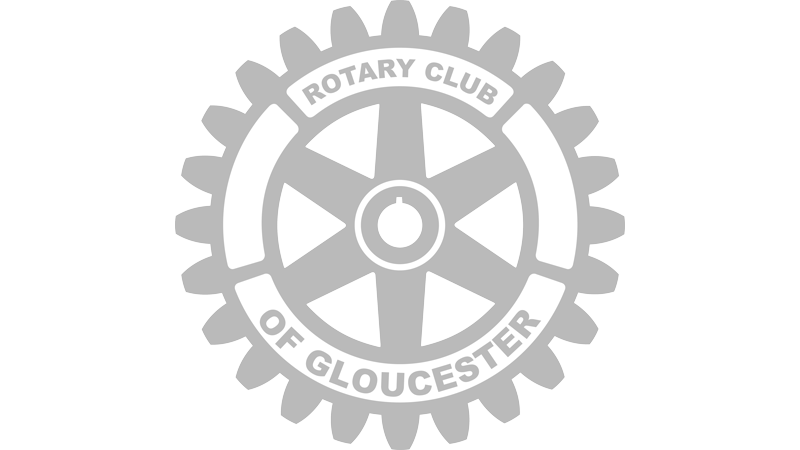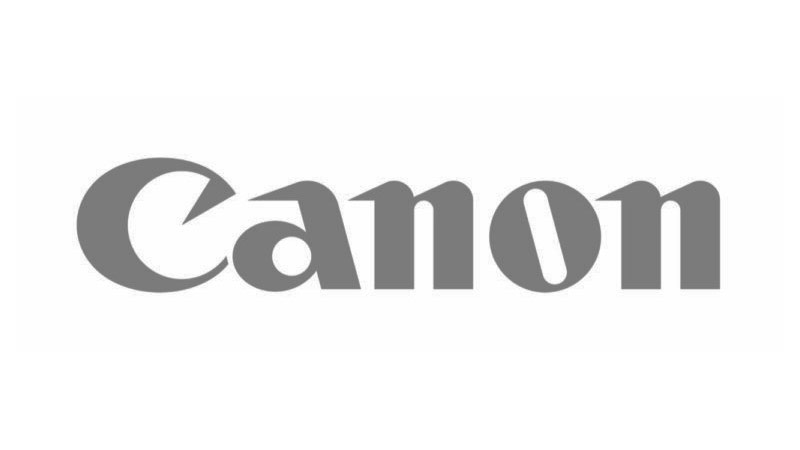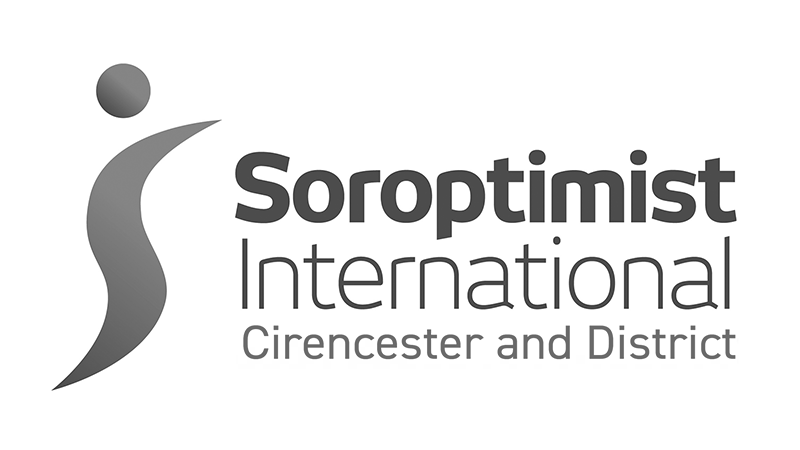Sonja Hamad (b. 1986 in Damascus, Syria) is a documentary photographer whose work investigates the reality of conflict in Kurdistan, a geo-cultural territory in Western Asia.
Raised in Germany, Sonja studied photography at Ostkreuzschule in Berlin from 2009 to 2013. Her graduation thesis, Wenn’s drauf ankommt, established her propensity for using portraiture to explore the intimate intersections between personal and cultural identity.


